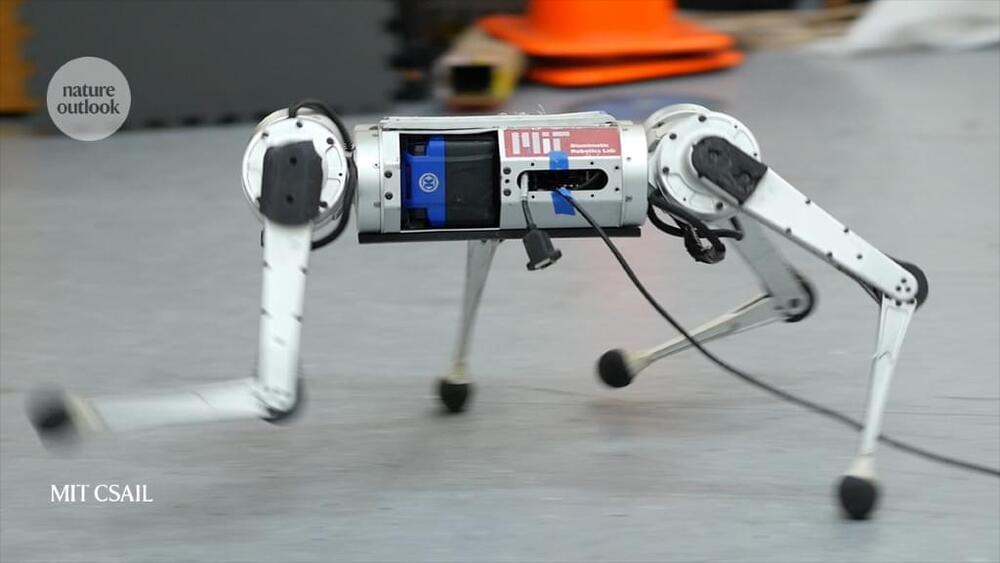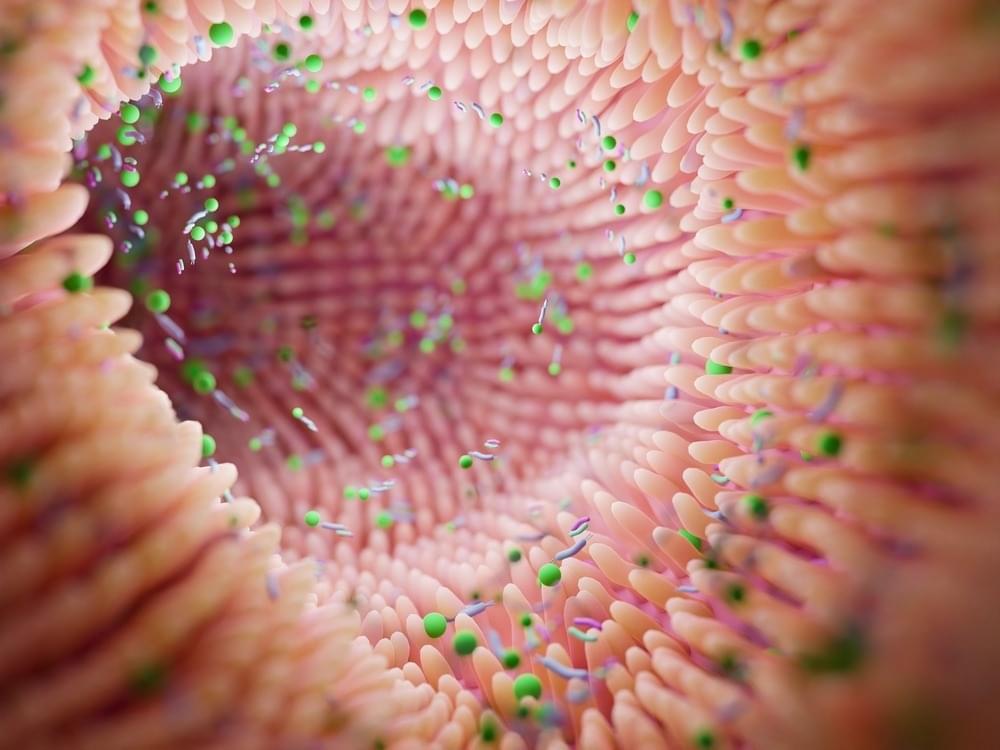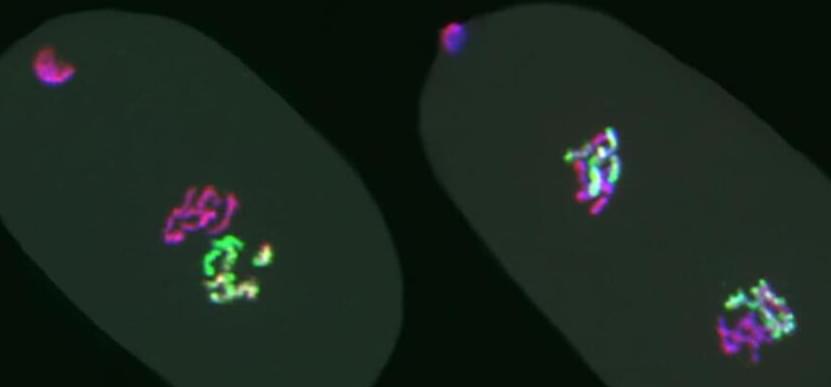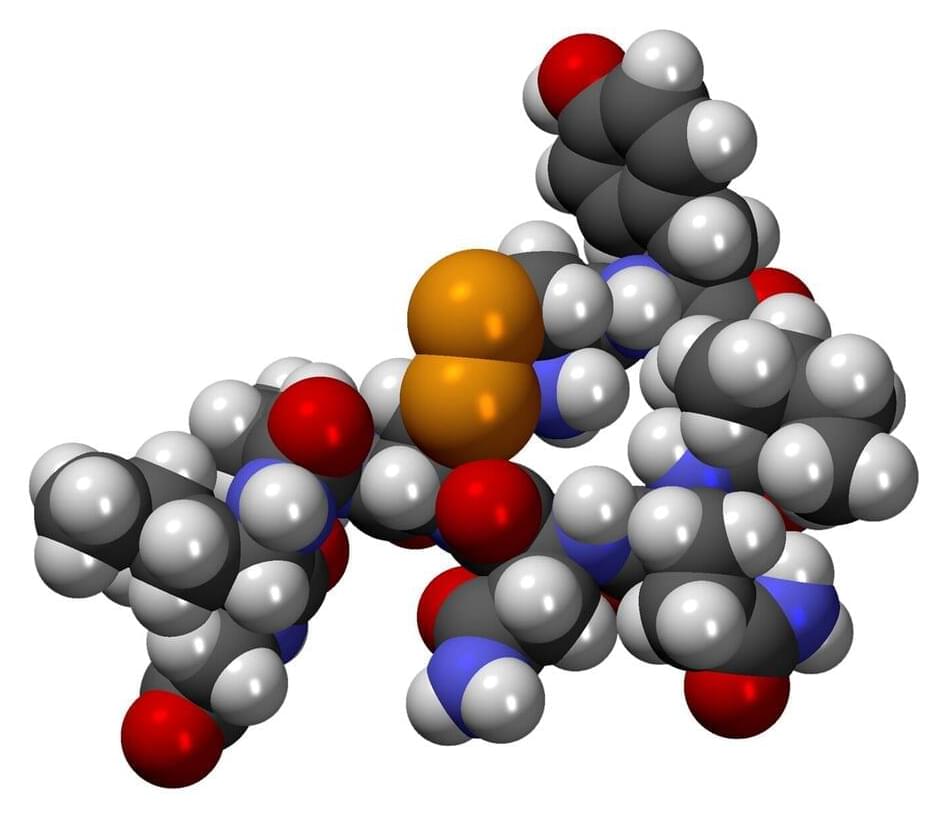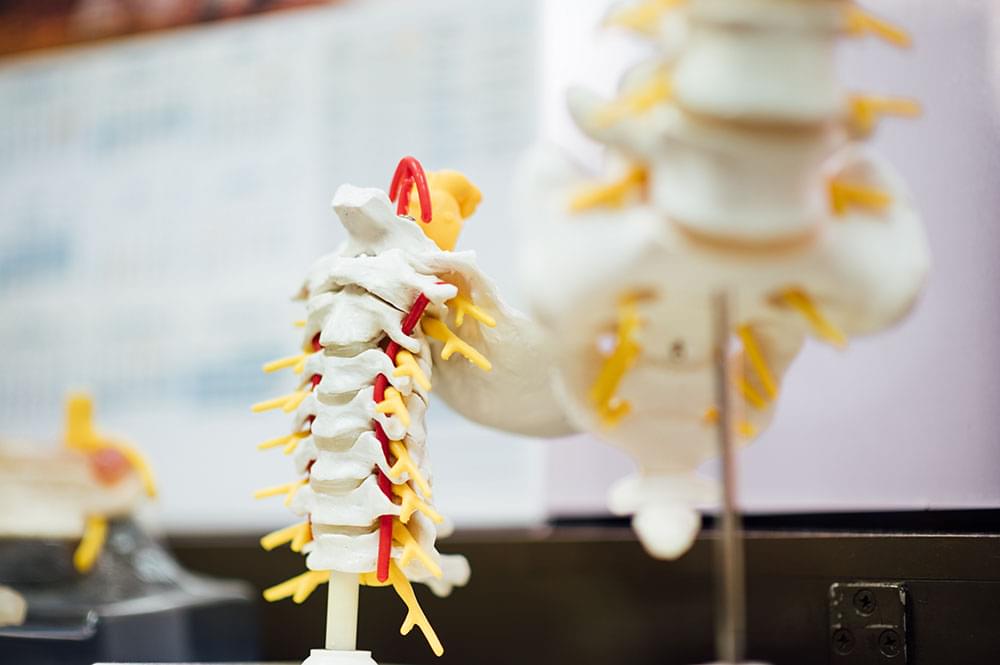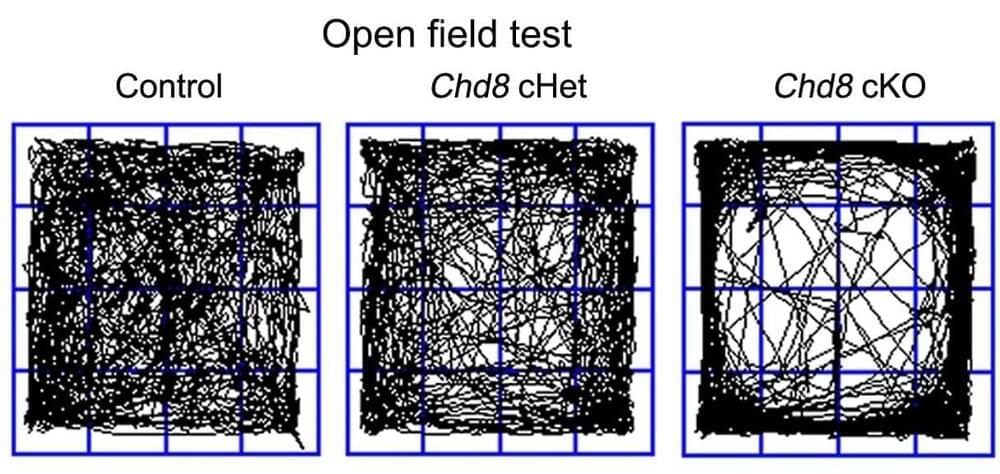Sep 30, 2022
New Infectious Threats Are Coming. The U.S. Probably Won’t Contain Them
Posted by Quinn Sena in categories: biological, biotech/medical, health, nanotechnology, singularity
There needs to be a radical change to biological wetware in order to handle viruses. What is needed is either nanoparticles or an immunity to all diseases. Crispr is the main path for the biological singularity but it needs to be perfected first as the human body is still a black box due to restrictions. I do believe that mass spectrometry will essentially be key to see the inner world of human biology. Then crispr can make new parts essentially to evolve past our current limits. But either way the biological singularity is needed for survival of human beings for better health.
The coronavirus revealed flaws in the nation’s pandemic plans. The spread of monkeypox shows that the problems remain deeply entrenched.

